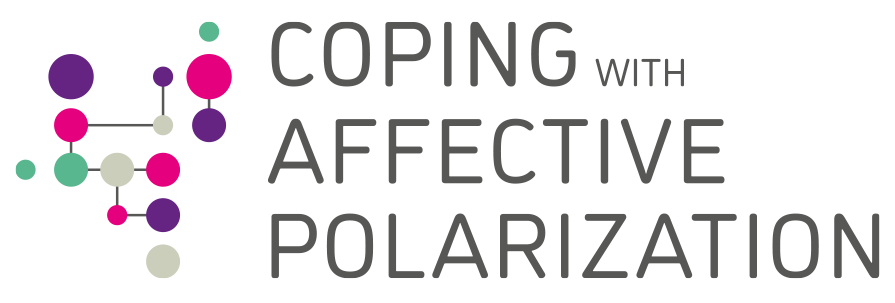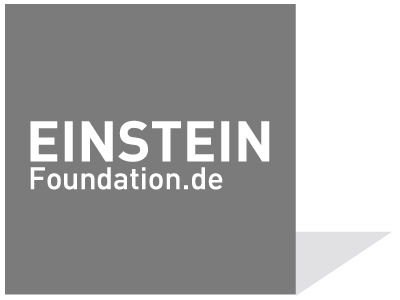
Projektverantwortung:
Prof. Dr. Swen Hutter
Projektleitung:
Prof. Dr. Swen Hutter, Prof. Dr. Barbara Pfetsch, Prof. Dr. Simon Koschut
Postdoktorand:innen:
Dr. Clara van den Berg, Dr. Rico Neumann
Angesichts der entscheidenden Rolle kollektiver Akteur:innen innerhalb der Zivilgesellschaft bei der Artikulation und Mobilisierung von Stimmungen geht dieser Forschungsbereich über die Ebenen der individuelle Bewältigungsressourcen und sozialen Interaktionen hinaus. Mithilfe eines Methodenmixes aus Inhaltsanalyse, Netzwerkanalyse, ethnografischen Verfahren und Interviews analysieren wir, wie sich gruppenbezogene Kommunikation in digitalen Medien äußern.
In digitalen Öffentlichkeiten werden gruppenbezogene Unterschiede besonders deutlich sichtbar und beschleunigt – was die Notwendigkeit wirksamer Strategien unterstreicht, um mit diesen polarisierten Informationsumgebungen umzugehen. Ziel ist es, solche Bewältigungsstrategien im zivilgesellschaftlichen Kontext zu identifizieren und einzuordnen – einem Feld, das durch vielfältige öffentliche Erwartungen und Einflüsse geprägt ist. Im Mittelpunkt steht daher die Frage, wie sich affektive Polarisierung – einschließlich ihrer Folgen – in Kommunikation, Sprache und sozialen Netzwerken widerspiegelt und welche Strategien Gruppen und Organisationen der Zivilgesellschaft entwickeln, um diesen Herausforderungen zu begegnen.
Fragestellungen und Ziele
Um Antworten auf diese Fragen zu finden, konzentriert sich unsere Forschung auf drei zentrale Bereiche, die unterschiedliche konzeptionelle und methodische Zugänge miteinander verbinden:
FORSCHUNGSBEREICHE

